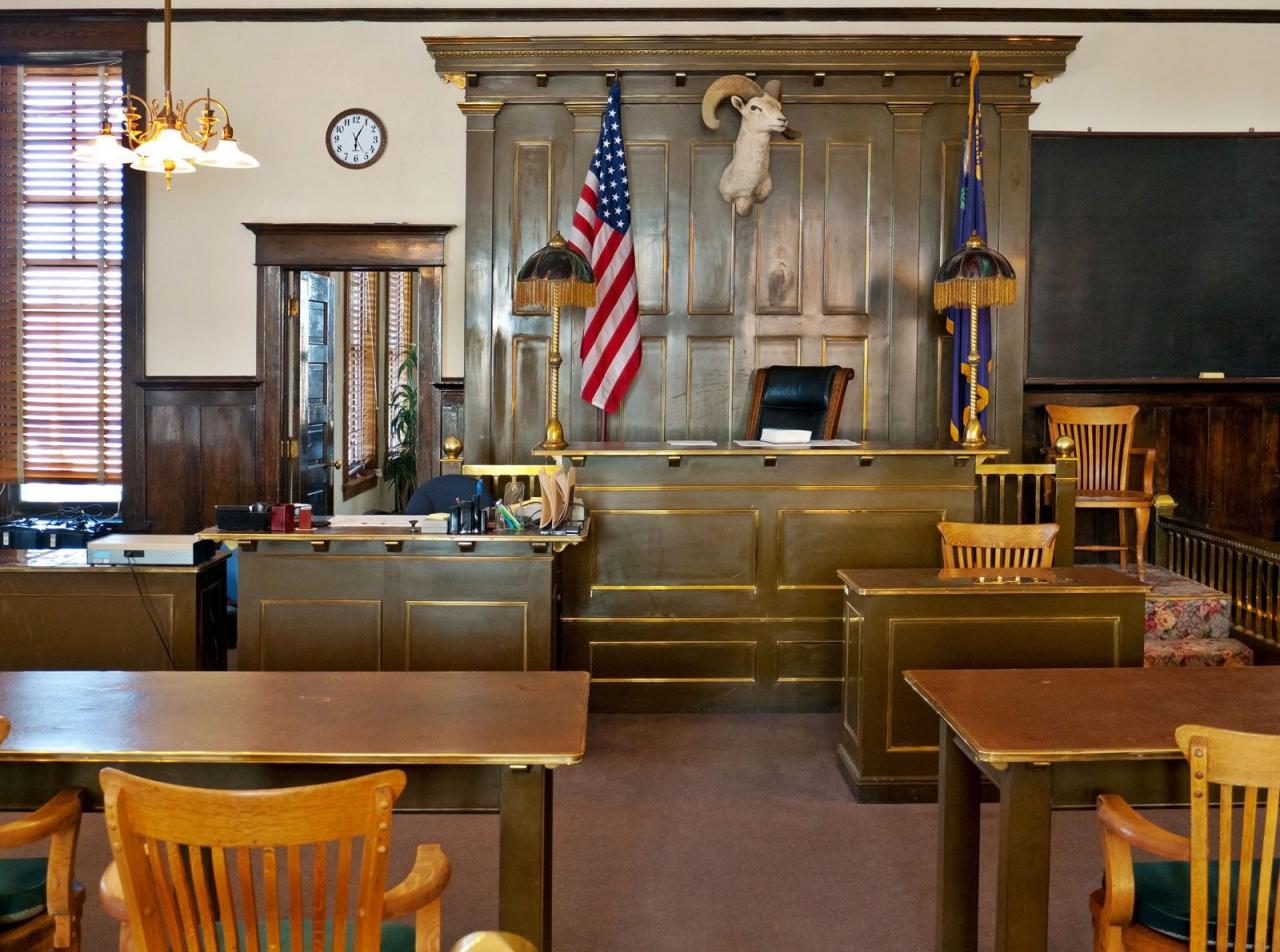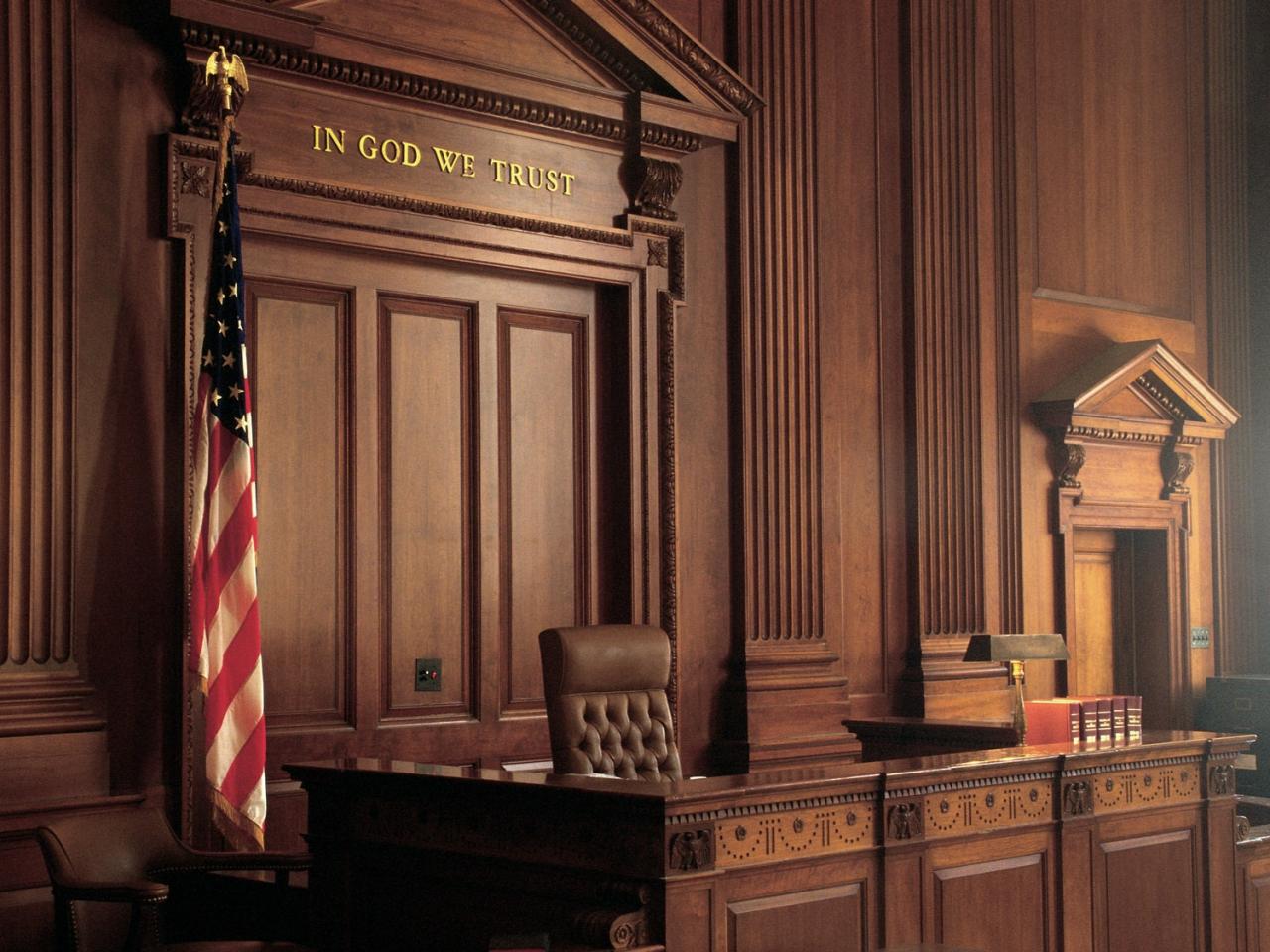Federal Court Jury
Civil judicial jury usually consists of 6-12 people. In a civil case, the jury’s job is to hear the evidence presented at trial, decide whether the defendant has harmed the plaintiff or otherwise violated his legal obligations to the defendant, and determine what compensation or punishment should be.
In criminal courts, cases are usually heard by up to 12 juries. Criminal jury trials decide whether the defendant has committed the crime of which he is charged.
The verdict is usually issued by a judge. In both civil and criminal cases, verdicts must be unanimous, although the parties to a civil case may agree with a non-unanimous verdict.
Jury deliberations are held behind closed doors so that they cannot be seen or heard by the judge, litigants, witnesses, or other persons in the courtroom.
Perhaps the most important way for individuals to participate in federal judicial proceedings is to serve as a jury. There are two types of juries with different functions in federal courts: judicial juries (also called petit juries) and grand juries.

Federal Court Grand Jury
The grand jury, which usually consists of 16-23 jurors, has a more specialized function.
The U.S. Attorney, acting as a federal criminal prosecutor, presents evidence to a grand jury to determine whether there is “probable reason” to believe that a person has committed a crime and should be tried.
If the grand jury decides that such grounds are sufficient, it issues an indictment against the defendant. Grand jury sessions are not open to the public.
Federal Court Jury Selection Procedures
Potential jurors are selected from a pool of jurors formed by random selection of names of citizens from lists of registered voters or from combined lists of voters and drivers’ licenses in a given judicial district.
Potential jurors fill out questionnaires to determine whether they have the necessary qualities to serve as a jury. After examining the questionnaires, the court randomly selects the persons called to serve as jurors.
This method of selection helps ensure that jurors represent a cross section of society, regardless of race, gender, national origin, age, or political affiliation.
Being called to serve on a jury does not guarantee that a person will actually serve on a jury. When a jury is needed for a trial, a panel of qualified jurors is brought to the courtroom where the trial will take place.
The judge and lawyers then ask potential jurors questions to determine their suitability to serve on a jury. This procedure is called pre-screening.
The purpose of the preliminary review is to exclude from the jury people who may not be able to decide the case impartially. Members of the jury who know someone involved in the case, have information about the case, or may have strong prejudice against people or issues related to the case, are usually rejected by the judge.
Lawyers can also reject a certain number of jurors without giving reasons.
Released from jury duty
- Persons in active service in the armed forces
- Police and fire department employees
- Certain categories of public officials
Others by individual court order (for example, members of voluntary emergency organizations and people who have recently served on juries)
Temporary suspensions from jury duty
May be granted at the discretion of the court on the basis of “exorbitant workload or extreme inconvenience”.
Employment protection measures
Employers are required by law to give employees leave (paid or unpaid) to serve on juries. The law also prohibits any employer from firing, intimidating, or coercing any permanent employee because of their service to a federal jury.
United States federal court bankruptcy cases
Bankruptcy cases are within the exclusive jurisdiction of the federal courts. This means that a bankruptcy case cannot be filed in state court.

The main objectives of bankruptcy law are:
- give an honest debtor the opportunity to “start life from scratch”,
- freeing him from most debts;ensure orderly payments to borrowers to the extent that the debtor’s property can be used for this purpose.
Typically, a bankruptcy case begins with the debtor filing a petition with the bankruptcy court. The petition may be filed by an individual, jointly by a husband and wife, or by a corporation or other company.
The debtor is also required to submit statements listing assets, income, liabilities, and the names and addresses of all borrowers and amounts owed to them. The submission of the petition automatically prevents or suspends debt collection measures in respect of the debtor and his property.
While such a suspension remains in effect, borrowers may not bring or maintain claims, withhold wages, or even demand payment over the phone. Borrowers receive a notice from the court clerk that the debtor has filed for bankruptcy.
Some bankruptcy cases are presented to allow the debtor to reorganize and work out a debt repayment plan, while others involve the liquidation of the debtor’s property.
In many bankruptcy cases involving the liquidation of the property of individual consumers, the funds received from the debtor’s property are not enough to pay off the debt, or they do not exist at all.
As a result, there are few questions or disputes in these cases, and the debtor is usually granted a “write-off” of most debts without objection. This means that the debtor is no longer personally responsible for repaying the debt.
Federal Court Appeals
A party that loses a case in a federal court of first instance usually has the right to appeal that decision to the Federal Court of Appeals.
Similarly, a litigant who is dissatisfied with a decision made by a federal administrative agency can usually apply for a review of the agency’s decision by an appellate court.
Judicial review in cases involving certain federal agencies or programs—for example, disputes over Social Security benefits—may be provided first in the district court rather than directly in the court of appeals.
In a civil case, either party may appeal the verdict. In the case of a criminal case, the defendant may appeal a guilty verdict, but the government cannot appeal if the defendant is found not guilty. Any party to a criminal case may appeal against a sentence handed down after a guilty verdict has been passed.
